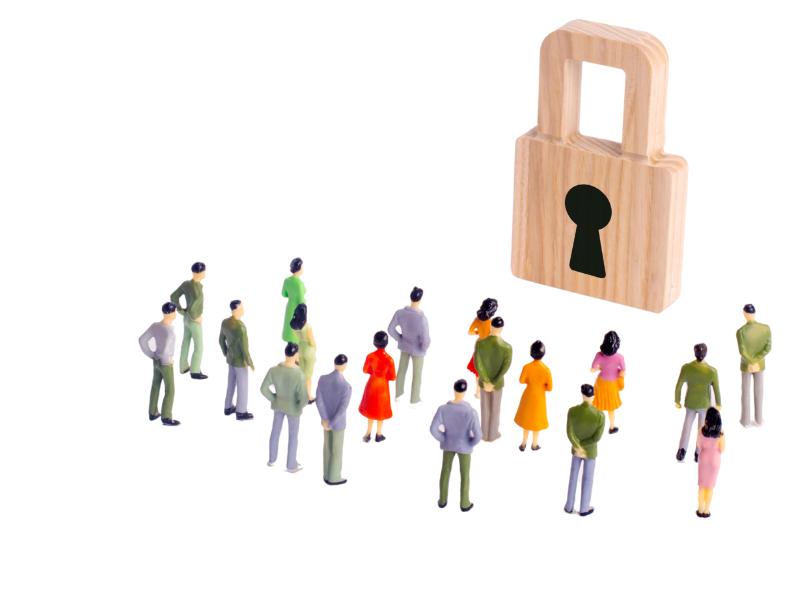Technological advancement has made access to financial products and services much simpler and easier for individuals and organizations. Consequently, this has also made it more challenging for financial institutions, organizations, and individuals to combat the many tools that cyber criminals have at their disposal. Being aware of the potential threats and the necessary measures to mitigate security breaches are the first two steps to a successful cybersecurity programme.
The information below is a good start to protecting your information and identity.
- Do not share passwords
- Set up alerts for online banking
-This allows an individual to receive notification when online banking is accessed, bill payees are added, eTransfer recipient added, and more
-Alerts work effectively on personal and business accounts
-See Banking Services for more information on Alerts
- Clear internet cache regularly
- Use a password manager
- Install enterprise-grade antivirus protection software, monitored by a reputable IT provider












